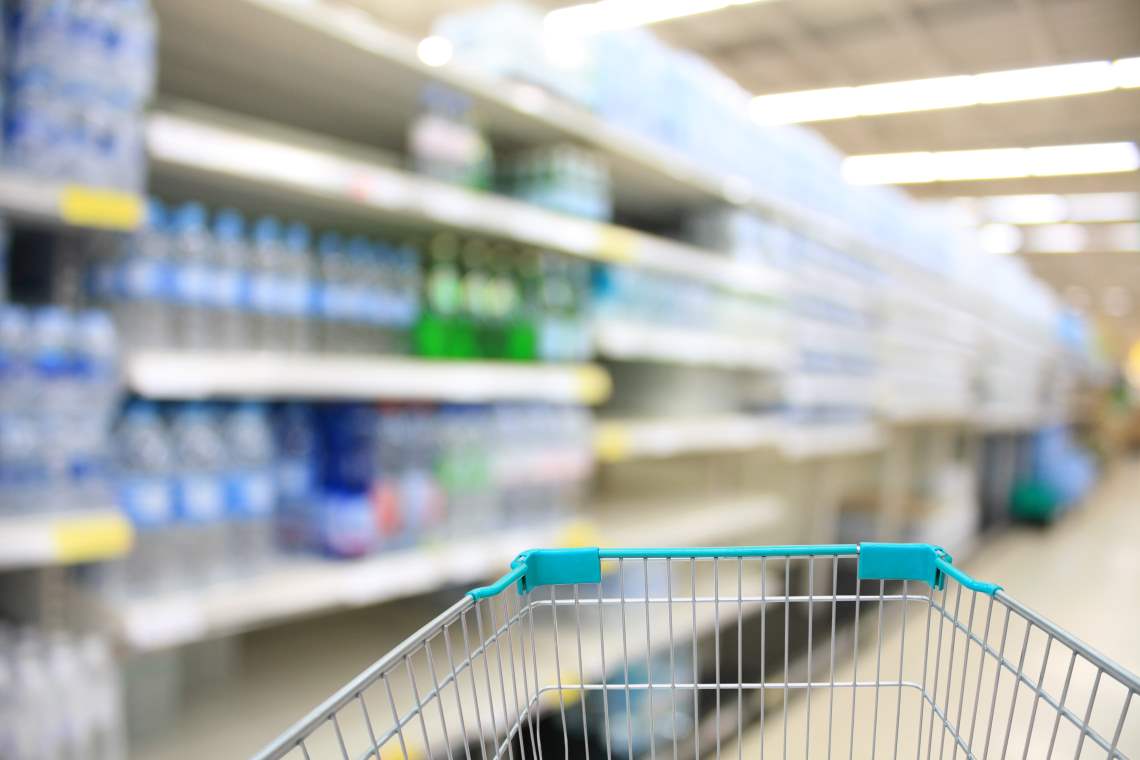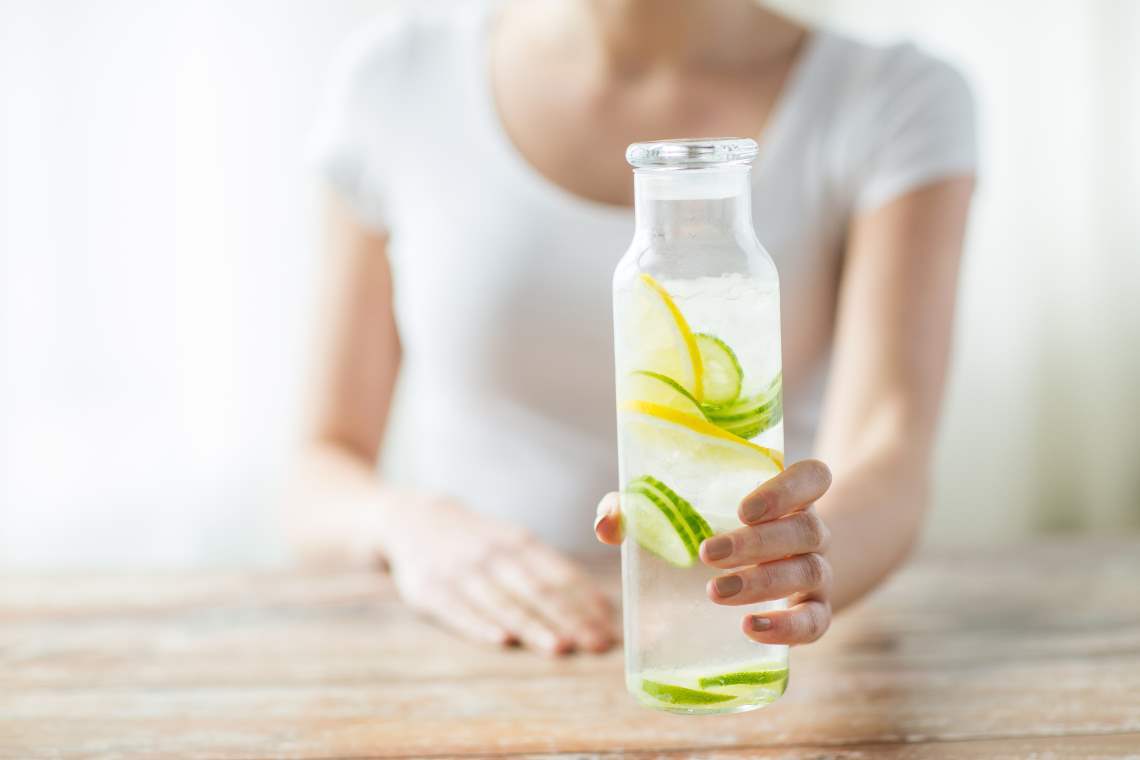- Improved Compliance
- Real Consumer Engagement
- Enable Digital Reorder
& Replenish
Which Water is Best? Different Choices Fit Different Lifestyles
There are many kinds of water on the market today. More than ever, packaged water products dominate sales in the grocery stores, built fit the varying lifestyles and needs of consumers.
The benefits of drinking water are plenty; increased hydration helps our bodies run efficiently, which can help us succeed in many challenging tasks, both physical and mental. Proper hydration paired with nutrition prepares the body as well as the mind for success. Without enough water, humans can’t function properly.
There are many kinds of water on the market today. More than ever, packaged water products dominate sales in the grocery stores, built fit the varying lifestyles and needs of consumers.
Alkaline water
Alkaline water is rich in alkalizing compounds, including potassium, magnesium, calcium, silica, and bicarbonate. Some people claim that alkaline water benefits can help your body buffer acidity, helping you achieve better health and fitness. While there is some research that supports these claims, the medical community says there is more work to be done, and some doctors are skeptical. On the other hand, these compounds are ones we need every day. The potassium contained in the water is an important electrolyte. You need more of it to prevent cramps when you’ve been working out or if you’ve had a night where you’ve drunk too much alcohol. Calcium helps keep our bones strong and the other compounds have health benefits as well.
Distilled water
Distillation is the process in which water is boiled, then evaporated and vapor condensed. It’s important to note that if you’re on a fasting diet, distilled water is free of dissolved minerals that are vital to the body. While come studies validate the benefits of drinking distilled water for a quick detox, it’s not recommended to consume distilled water regularly or over a long period of time. Our bodies depend on a number of trace minerals to function, so it’s not a good idea to deprive it.
Purified water
Water that has been mechanically filtered or processed to remove impurities is called purified water. There are a variety of methods used to purify water, but the most common is via distillation. Purified water usually is missing the traces of minerals that freshwater provides, which means that
Carbonated water
Carbonated water is typically used for mixed alcoholic drinks, but some people prefer their water bubbly. Some varieties of carbonated water come from springs, while others do not specify a source. Some people prefer to serve carbonated in a glass with a twist of lime or lemon on a hot summer day.
Tap water
Tap water is usually purified, or filtered, and trace elements such of minerals, such as potassium, are left intact. Local governments usually add chemicals, such as fluoride to the water, and chlorine, to make it healthier for the general population to drink. Depending on your geographic location, you may not trust water from the tap. A water bottle with a filter or a filter that fits over your tap may help remove unnatural impurities from your local water. A filter, however, cannot remove harmful toxins such as lead.
Vitamin-infused water
Some people choose to buy water that has been fortified with vitamins, or even have a custom powder that they add to their water themselves. People with vitamin deficiencies caused by certain health conditions, diets, or medications may find it beneficial to drink vitamin or mineral-enhanced water.
Drink to Your Health! More Facts About Water and Special Diets
Water is the primary way we can hydrate ourselves, but it’s important to not overlook hydration when you’re on a special diet. Those on a liquid diet, such as people who detox using juice, still need to pay attention to their hydration levels, especially as they begin to expend more energy on a daily basis. So should others who start new fitness regimens or a strenuous new job. As we work more, we sweat more. The only way to keep up with the stress on our bodies is to get the proper nutrition as well as hydration. A high protein diet is best supported with proper hydration, as a switch to heavy diet suddenly can some discomfort and straining during trips to the restroom.
Healthy fruits do better with healthy water, too. Some of the sweetest fruits in the world come from places unmarked by pollution and industry, such as the star fruit from Costa Rica or the pomegranate from the Himalayas. Many people who choose to go on an all-juice diet rediscover the world of fresh fruits and vegetables, and become choosier about the water they’re drinking as well.
Other special diets, such as a green tea weight loss diet or the apple cider vinegar diet should be taken alongside an adequate amount of water. The green tea diet contains natural diuretics than can easily dehydrate a person, especially if you have added new exercises to your daily regimen. The apple cider vinegar smell will also be diluted by proper hydration; otherwise, you’ll sweat the smell of vinegar out.
Bottled Water is Clean Drinking Water
Many people prefer the taste and quality of disposable water bottles, especially if they live in a city with questionable water quality. Many people worry about harmful effects of chemicals added to the water, such as chlorine and fluoride, and prefer to purchase bottled water instead. For example, from 2015 to 2016, the city of Flint, Michigan, became more and more dependent on bottled water due to high lead levels in their water supply. Once it was revealed how dangerous the local water supply had become, thousands of donated water bottles poured in from across the United States. As of this blog post, the crisis has not yet been resolved. The uses of water, after all, are not limited drinking; the city residents have to worry about cooking and cleaning with contaminated water as well.
While this example of contamination is extreme, water quality is an ongoing issue in many cities with aging infrastructures, and many residents who care about their health choose to purchase bottled water instead of drinking from the tap. Because of media coverage of disasters like the one in Flint, bottled water is often perceived as healthier and safer than the water that comes from the city’s water treatment plant.
Water conservation is also a concern of many consumers. When a consumer is concerned about the conservation of water, they want to know that the water they’re drinking comes from a responsible, clean, renewable resource.
“Do no harm” is the motto of the conscious consumer when it comes to water usage, and we agree. The importance of water when it comes to health, life and prosperity cannot be overstated. It’s important for everyone to get their recommended water intake every day, and for us to empower consumers by helping make clean, safe hydration options available to consumers everywhere, in their everyday lives.

